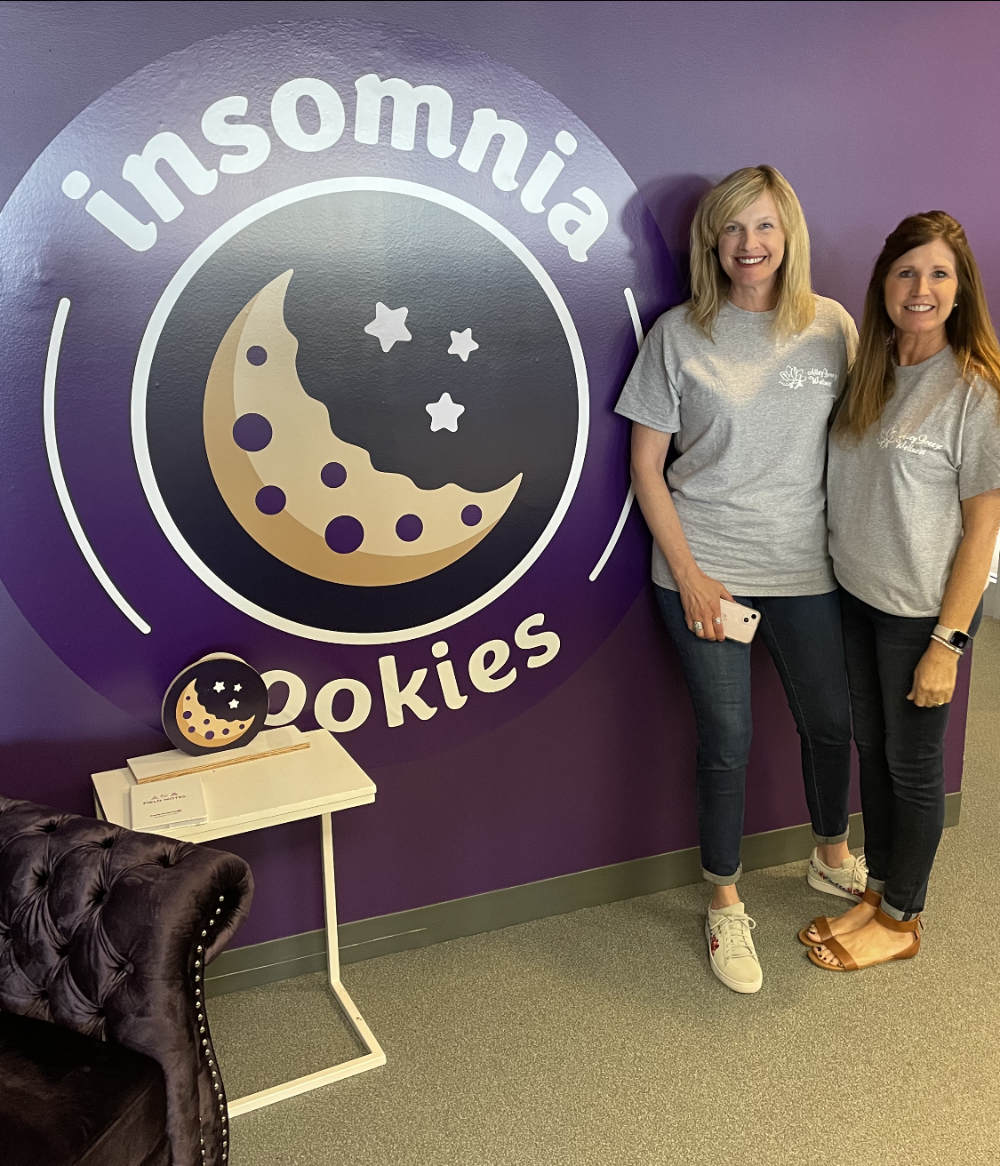News & Events
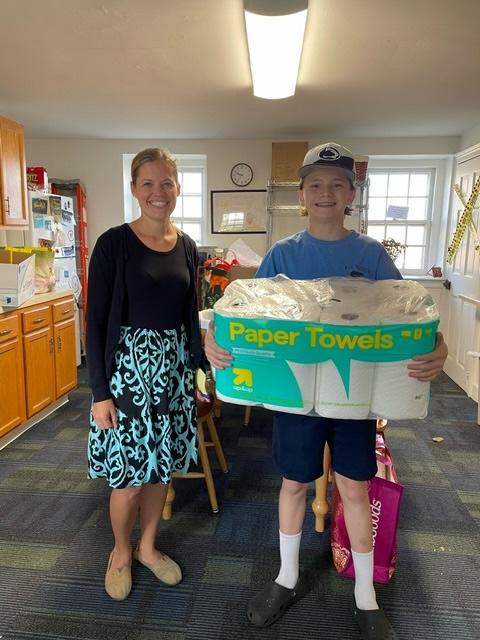
Joey Magee recently spearheaded a community service project to support A Woman's Place, a local organization dedicated to helping individuals impacted by domestic violence. In collaboration with Alley Breeze Wellness, Joey organized a fundraising campaign to collect much-needed wishlist items for the shelter. His efforts brought together generous donations of essential goods, helping provide comfort and support to those in need. Joey's dedication to giving back highlights the power of community and compassion in making a meaningful difference. A special thank you to Laura Malick-Glaudel at A Woman's Place for guiding us through this process! We look forward to continuing to support your amazing organization! If you'd like to give to A Woman's Place check out their site https://awomansplace.org/

The holiday season, a time typically associated with joy and togetherness, can also be a season of heightened stress and emotional challenges, especially for those coping with grief. Balancing the demands of the season with the weight of grief can feel like an emotional tightrope walk. However, there is a gentle and nurturing way to find solace and healing during the holiday hustle: through Reiki sessions at Alley Breeze Wellness. In this blog, we'll explore how booking a Reiki session can be your sanctuary, offering relief from stress and a path towards healing, along with some practical tips to cope with grief and stress during the holidays. Understanding the Holiday Struggles The holidays can stir a range of emotions. While they offer moments of joy and connection, they can also magnify stress and grief. Coping with the loss of a loved one or managing the demands of the season can leave you feeling overwhelmed and in need of support. Reiki: A Gentle Path to Healing Reiki is an ancient Japanese energy healing practice that can provide comfort for the heart and soul. Focused on balancing the body's energy, Reiki promotes relaxation, emotional well-being, and an overall sense of calm. Reiki is a gentle and non-invasive technique that helps the body's energy flow more freely, fostering a deeper sense of peace. How Reiki Helps with Grief Emotional Release: Grief often leads to the suppression of emotions. Reiki can gently facilitate the release of pent-up feelings, allowing you to process and express your grief in a safe and supportive space. Balancing Emotions Reiki sessions can help restore emotional equilibrium, supporting you in finding resilience amid grief and sadness. It nurtures a sense of acceptance and healing. Managing Stress Through Reiki Stress Reduction The holiday season can be an exceptionally stressful time. Reiki promotes deep relaxation, reducing stress and anxiety, and helping you regain emotional equilibrium. Clearing Mental Clutter: Reiki aids in clearing the mind, making it easier to deal with the stressors that come with the holiday rush. It fosters mental clarity, enabling better decision-making and problem-solving.
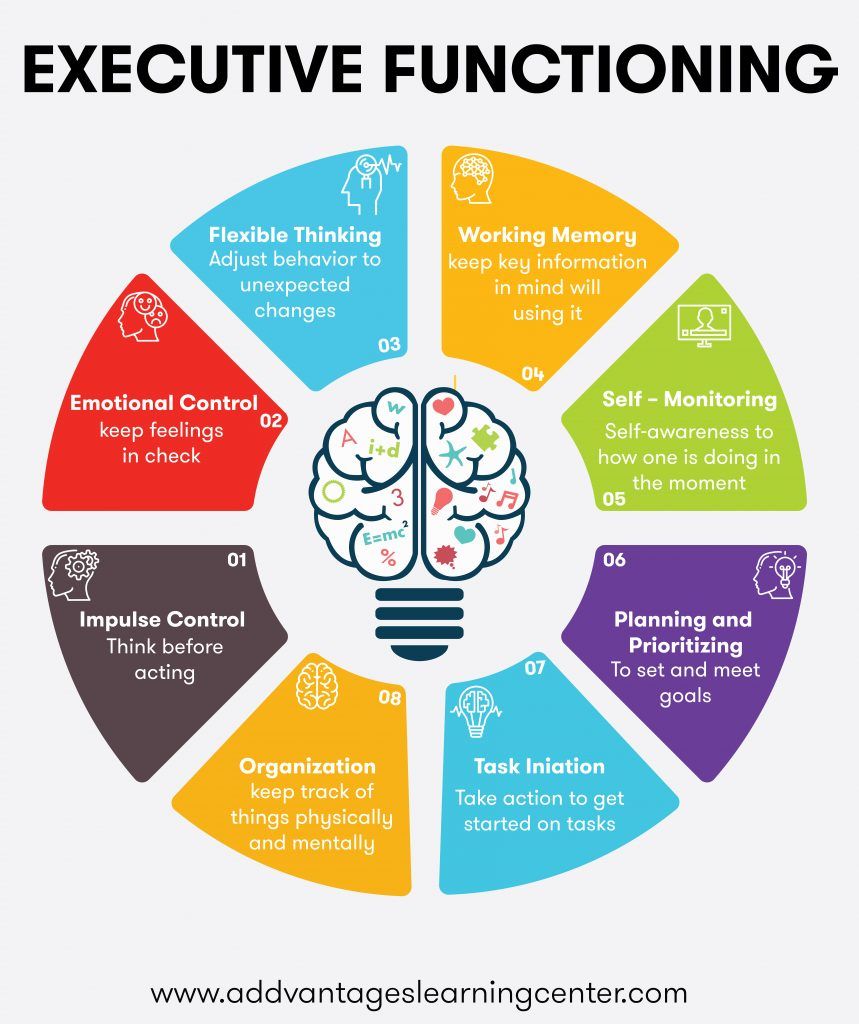
The demands of work and home-life balance are something we all struggle with. But there's hope for those who want to create a healthier balance: identifying your strengths can help you feel more confident, while weaknesses need attention, so they don't take over completely or worse create bigger issues! We offer individual executive function skill coaching sessions as well parent support groups that will guide anyone through creating an organized plan in order live the best possible version of themselves at every age!
What are executive functioning skills? In a nutshell, they are the cognitive abilities that help us to plan, organize, and complete tasks. But why are these skills so important? Well, imagine you're getting ready for your big presentation. You have to choose the right outfit, gather all your materials, practice your speech, and make sure you're arriving on time. All of these things require executive functioning skills! Call Alley breeze today and get your free assessment @ 267-853-8808 today!

There are many different forms of family coaching therapy that can help families solve their problems, but the most common is family systems & structural coaching therapy. This form starts with an understanding of how people's behaviors and identities develop within a family setting--some may love it and follow everything they learned from their family, while others want nothing to do with theirs at all and even become resistant to them, either way in order to understand any individual we first must seek to understand their family background!
Family coaching can help families overcome their problems by exploring how they cope with stress, defining roles in the household, and offering comfort. The concepts of this coaching also give insight into how a family may be functioning - it's all about understanding your family dynamics like birth order, and personality type!
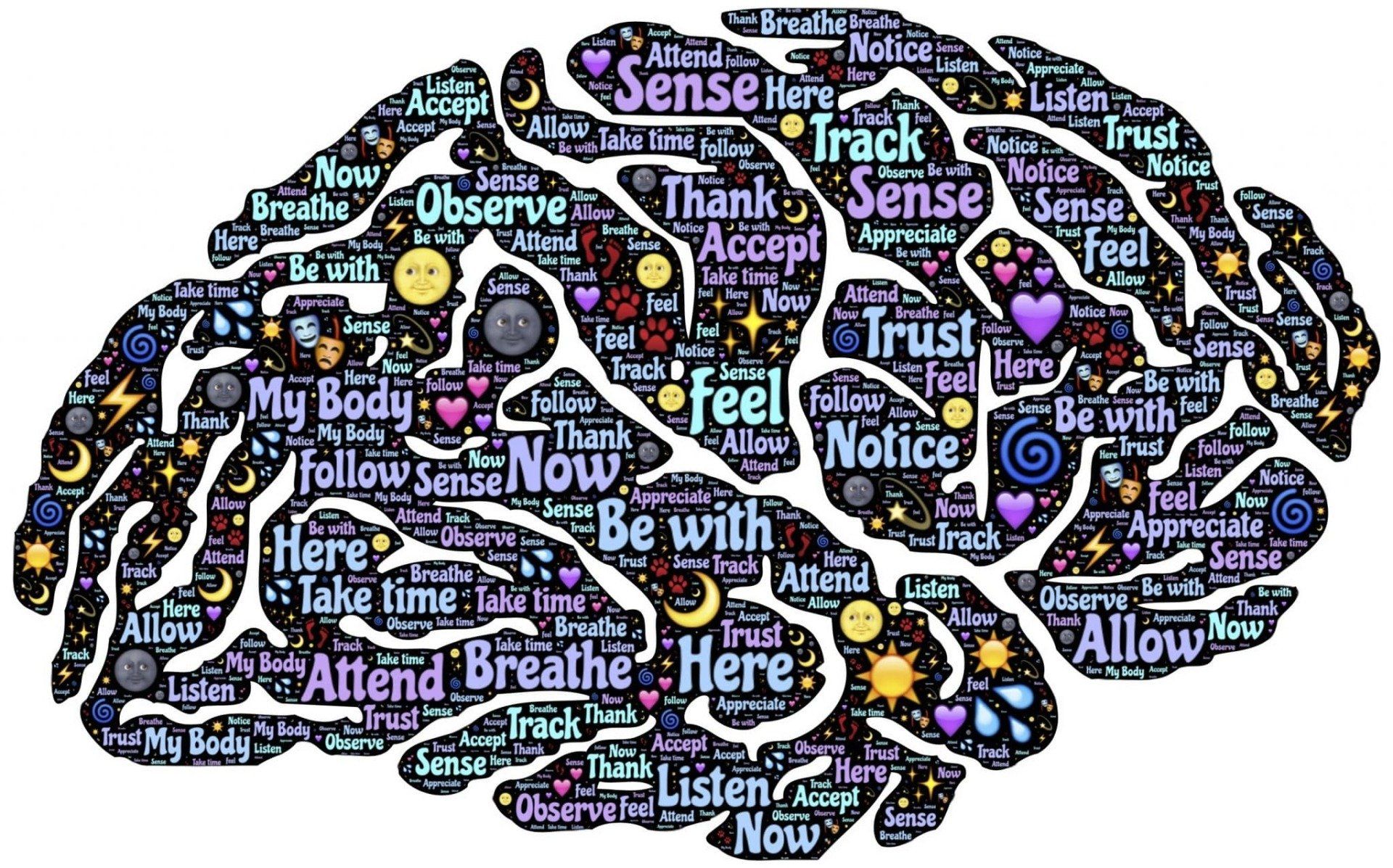
The coach and the client work together in a mindful manner, learning to shift from "doing mode" into being- Mode. In mindfulness we learn that it's not just about what you're doing but also why; understanding this concept allows us better insight on how best to approach our lives with purposeful intentionality!
Mindfulness coaching is a powerful tool for navigating life's complexities. It helps people become more aware of their thoughts, feelings, and impulses as well as an orientation toward the present moment which leads them down the path to creating effective strategies for living authentically in this world!

A great life coach is worth their weight in gold!
The professional life coaches at Alley Breeze wellness are mental health professionals with bachelor's & master’s degrees. The coaches at Alley Breeze wellness understand human emotions, motivations, and relationships. They know exactly what they're talking about when it comes to coaching you because of their knowledge of these complex mechanisms that we all face as humans!
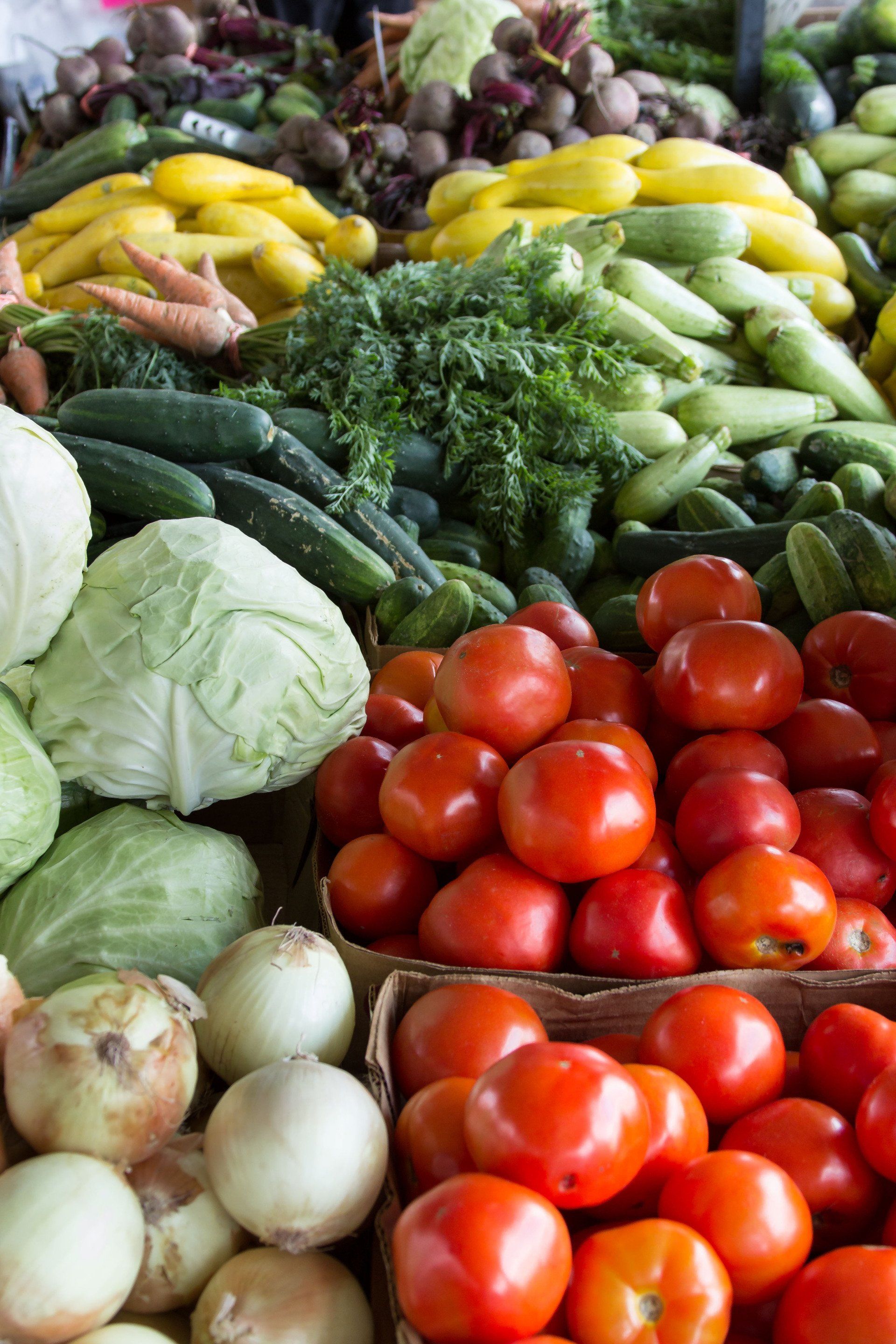
In honor of Earth Day on April 22, 2022, this month’s Healthy Living blog will expand our focus from our own personal health to include ways that we can support the health of our planet. This year’s Earth Day theme is “Invest in Our Planet”, with special attention to supporting a prosperous and sustainable future, so we can restore nature and build a healthy planet for our children and future generations. There are many ways to get involved in Earth Day – the world’s largest environmental movement – including planting trees or a pollinator garden, joining a clean-up effort, and being a part of conservation, restoration, and biodiversity initiatives. For suggestions and resources, click here . Since dietary medicine is one of the pillars of Mederi Care® , our focus for this article is healthy eating habits that keep the health of the environment at the forefront. It may not surprise you that healthy eating goes hand in hand with sustainability, and eating a diet with the least possible environmental impact also helps support our health. Food has both an environmental footprint and ecological footprint. Food production can negatively alter ecosystems and conventionally grown food requires enormous resources to produce. Instead of eating these foods, and buying food products that are transported halfway around the world to reach our homes, we can change our buying habits in such a way that supports both personal and environmental health. What can I do to eat sustainably? A sustainable diet is one that minimizes impact on the environment. Eating sustainably also contributes to food security and to current and future generations leading a healthy life. In addition, a sustainable diet supports biodiversity and healthy ecosystems. 1 If we consider this our responsibility, it becomes an exercise in self-care and respect for our planet. Here are some tips to follow: Eat seasonal foods Have you ever bitten into a strawberry and discovered the inside was white, not red? That’s probably because it was grown far away, imported from another country, and not in season. Contrast that with a juicy, red strawberry that bursts with flavor, grown locally and in season. Many fruits and vegetables can be bought throughout the year, but most of the time they are imported products, or they have been preserved in cold storage, during which greenhouse gases are emitted. Consuming seasonal foods means that they are at their optimum maturation point, making them extra tasty and nutritious. 2 Consume local products Consuming local products refers to products that are produced and/or collected in areas near their place of sale, where they are purchased by the consumer. The main advantage of these products is their energy savings and the reduction of greenhouse gases since the product isn’t transported from afar. 3 “Buying local” also helps to strengthen local economies and support neighborhood markets, shops, and locally-owned or operated restaurants 4 . Look for a farmer’s market in your community to support local food production. You’ll not only enjoy the fresh flavors of vegetables, fruits, meats, fish or dairy grown or produced in your region, you’ll benefit from the nutrition and enhanced flavor of fresh foods. Eat organic whenever possible Food and agriculture are the main drivers of biodiversity loss, which is why food sustainability is an increasingly important issue. To be considered a sustainable agricultural practice it must enhance biodiversity, protect soil, forests, and water, minimize chemical contamination of people and food, maintain long-term ecosystems, and reduce global warming. Eating an organic diet reduces the impact on the environment caused by the use of synthetic compounds and chemical fertilizers such as pesticides and herbicides, and can also help remineralize soils. 5 Consuming organic plant-based foods also makes a positive impact on our health. So too does consuming animal products that are produced from organic practices. For insight into the importance of consuming organic dairy, check out the blog by Mederi Center practitioner Dr. Susan Saccomanno. Also of interest is our founder Donnie Yance’s blog that discusses how toxic farming practices create unhealthy grains that can cause a whole host of health problems, and how the use glyphosate in conventional agriculture has been confirmed to cause many health conditions and diseases as well. Reduce your meat and fish intake Reducing the consumption of foods of animal origin is key to fighting climate change. Increase foods of plant origin with good nutritional value, such as legumes, and introduce other plant-based sources of protein such as tofu or fermented soy. Be innovative in the kitchen and try new recipes, like our lemon broiled tempeh ! On your next visit to the grocery store, try filling your shopping cart with more vegetables and fruits than products of animal origin. This doesn’t mean you have to eliminate meat, fish, or dairy, just include them in your food plan in a more moderate way. 6,7 Don’t waste food There are many things we can do to help reduce food waste. For example, prepare a weekly meal plan at home and adjust the portions to reflect what your family actually consumes. Buy only the food that you need so you can avoid having to throw away food that’s gone bad. Another good practice is to give a second chance to foods that are not so aesthetically pleasing, such as fruits and vegetables that might have a little nick or bruise. Try making a vegetable soup or a ratatouille, for example, and remember to check the pantry to prevent food from expiring. 8,9 Buy less processed foods Processed foods, apart from being harmful to our health, are mostly packaged foods that generate more waste and have a multitude of ingredients and additives that contribute to increasing greenhouse gas emissions 10 . Buying in bulk can help us buy just what we need, as well as reduce the use of plastic. Reusable cloth bags, baskets, and glass containers can also be used at the grocery store to cut back on the use of disposable plastic. Decline the use of paper or plastic bags to bring your groceries home and opt for a reusable shopping bag instead. Lastly, consider bringing your own to-go container the next time you order take-out as a way of reducing single-use plastic or other disposable containers. We hope this article gives you some creative and thoughtful inspiration on how to eat a more heathy diet that also supports the health of our natural environment.



